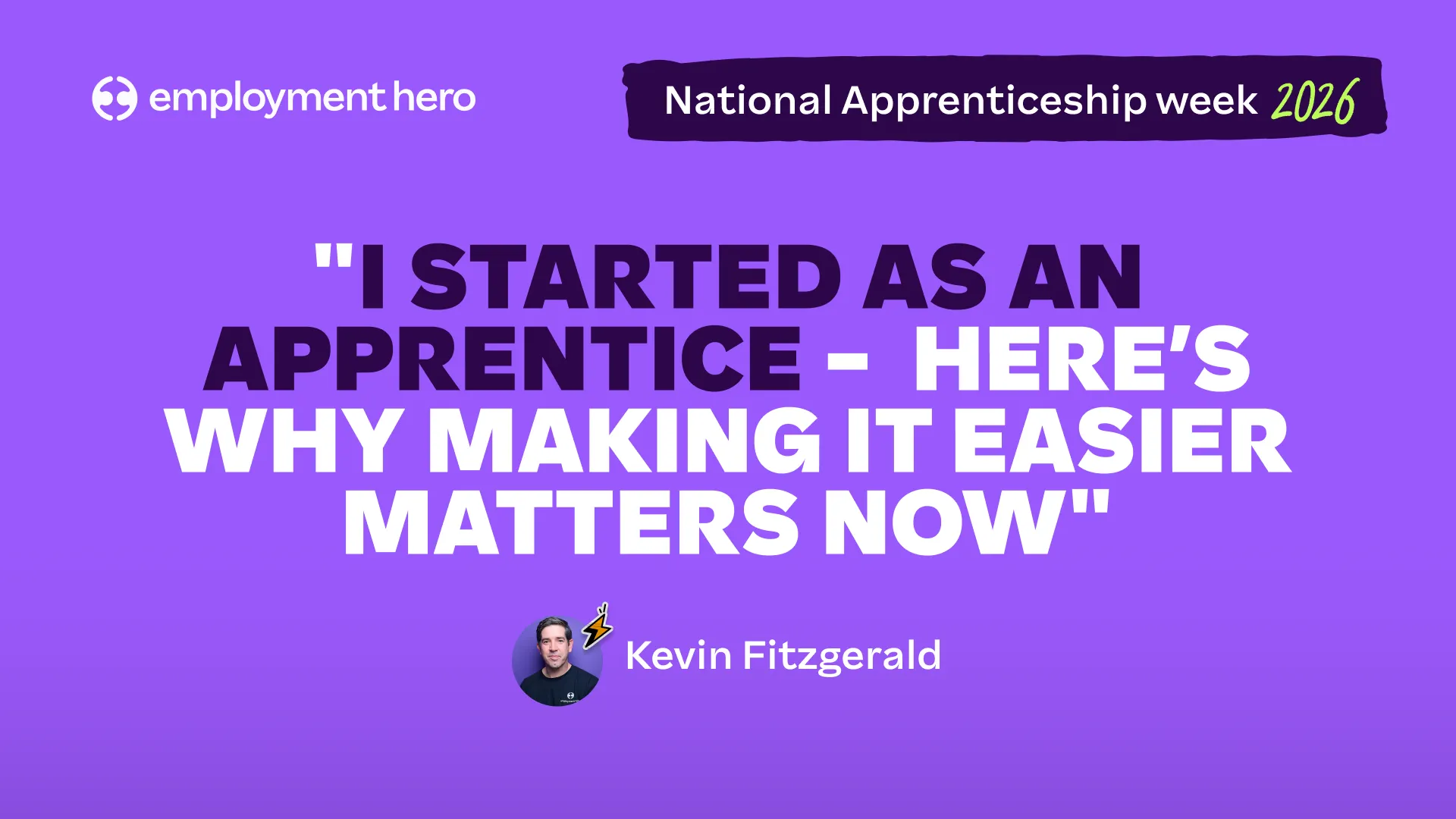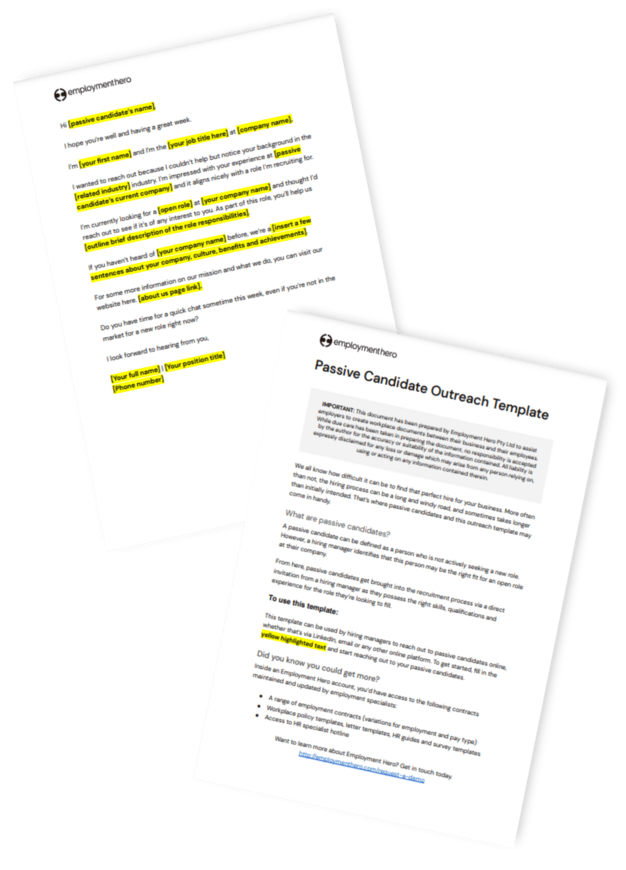Should employers still look for degrees for entry level jobs?
Does a degree still make someone more employable? That trend may be waning.

According to a survey, three-quarters of school leavers believe that a university degree is essential to secure a good job. However, a LinkedIn study in 2021-2022 revealed there was a 90% increase in the share of UK job postings on their board that didn’t require a degree. Also, ¾ of recruiting professionals believed skills-first hiring would become a priority for their company in the next 18 months. Well, we’re now in those predicted 18 months – has the landscape in the UK changed much?
Business leaders are backing skills over grades
In response to LinkedIn’s findings, Stuart Machin, Chief Executive of M&S UK, stated “I would encourage everyone to study, but if you miss your grades, don’t worry. I didn’t quite get the high-level A-level grades I hoped for, but it didn’t stop me from developing my career in retail.” He followed this up by reminding students that they still “have the opportunity to learn throughout their career” and that no matter what stage you’re at, you’re still learning. Machin’s points showcase that, at least in the retail sector, high academic performance isn’t a prerequisite to a successful career. But, neither Machin, or the retail sector, are alone in thinking this way. Ndubuisi Uchea, CEO and Co-founder of Word on the Curb, a top UK communications consultancy, said that when he’s looking at CVs, he looks for:
- Experience – which he defines as not just something earned from work, but what’s built or showcased through life.
- Presentation & creativity – the ability to stand out from the crowd in a way that’s unique to you.
- Tailored applications – he notes that it’s so obvious when someone’s just applied on a whim vs careful consideration.
- Understanding of the business and role – It’s such a simple one but far too often not executed. This includes reading up on the business and job role so talent don’t go into an application or interview not knowing what they’ve applied for.
Uchea rounded up his perspective by saying that the UK education needs to do more to “nurture the realities of what employers look for”. Our recent HR & AI Report also found that 31% of HR leaders felt that soft skills were a barrier to embracing AI in our workplaces. With a lot of businesses already embracing this technology, it’s no surprise that we’re seeing leaders looking for skills over academic success right now. Major firms including IBM (where fewer than one in five jobs posted today require a degree), Google and Tesla are just a few that are hiring more based on skills over qualifications.
Tomorrow’s workforce is rethinking degrees; should you?
Fifty-seven percent of prospective students said they have either changed course or desired university due to the cost-of-living crisis. The average loan repayment cost now sits at £42,900, resulting in 12% of prospective students saying a degree is simply “unaffordable.” With these skyrocketing costs for degrees, some future talent believe, and maybe rightly, that the cost isn’t justified. It’s also worth considering that a concerning amount of 18-year-olds (42%) are only applying to university because their friends or family encouraged it, or simply never considered an alternative. If you’re looking for applicants who completed their degree for a purpose, you’re only looking at just over half of UK graduates. Speaking to Personnel Today, Danny Stacy, Senior Manager Talent Intelligence at Indeed, said: “while many jobs do and perhaps always will require a degree, we know many prosperous careers can be started straight out of school with starting salaries in entry level jobs being as high as £30,000 for some sales roles or £50,000 for those able to write software code.” Tiro also spoke to HR leaders and business executives who agreed that trends are shifting given a huge 59% of UK organisations are looking at focusing on apprenticeships. Furthermore, TotalJobs conducted research that demonstrates the changing perspective of employers towards qualifications. Through an analysis of over 365,504 job advertisements, the data reveals a 31% decrease since 2019 in the inclusion of a degree requirement for entry-level jobs. Presently, only 22% of junior positions explicitly mention the requirement for a degree.
So, how should business leaders react to these changing trends?
As we navigate this evolving landscape, it may be time for us to pause and reflect on the importance of a degree in our hiring practices, especially for entry-level positions. The old adage about school results leading to university choices certainly holds true, but is a degree still the ultimate marker of employability? That’s a question that merits consideration. The workforce of today, and certainly tomorrow, is rethinking the significance of degrees, and it’s a trend worth embracing. As we move into this new era, the compass points toward a destination where skills, potential, and practical experience are guiding lights. As the Chinese proverb goes “when the winds of change blow, some people build walls and others build windmills”, the question is: what will you build? And will it open the door to new talent, or close it?
We can help you find talent
If you’re looking for some help finding the right talent, then we can help. Employment Hero offer a series of tools from our ATS right through to our super app Swag and are developing previously unseen features like SmartMatch that truly gear you up to finding the right talent in record time. If you’re looking for ways to work easy, and simplify how you attract, onboard, retain and pay your talent, why not talk to our team?
Related Resources
-
 Read more: Government red tape risks blocking youth jobs as SMEs look to access apprenticeship scheme
Read more: Government red tape risks blocking youth jobs as SMEs look to access apprenticeship schemeGovernment red tape risks blocking youth jobs as SMEs look to access apprenticeship scheme
February 9, 2026: New Employment Hero research finds 73% of SME leaders intend to leverage new Government apprenticeship schemes following…
-
 Read more: A labour of love: New research reveals the sacrifices made by SME leaders – but 85% would do it all over again
Read more: A labour of love: New research reveals the sacrifices made by SME leaders – but 85% would do it all over againA labour of love: New research reveals the sacrifices made by SME leaders – but 85% would do it all over again
February 12 2026: New campaign from Employment Hero reveals the personal sacrifices behind running a business this Valentine’s Day, and…
-
 Read more: How Apprenticeships Help SMEs Hire Responsibly and Build Skills
Read more: How Apprenticeships Help SMEs Hire Responsibly and Build SkillsHow Apprenticeships Help SMEs Hire Responsibly and Build Skills
Traditional hiring isn’t working. Discover how apprenticeships can bridge skill gaps, boost retention and transform your recruitment strategy.





















